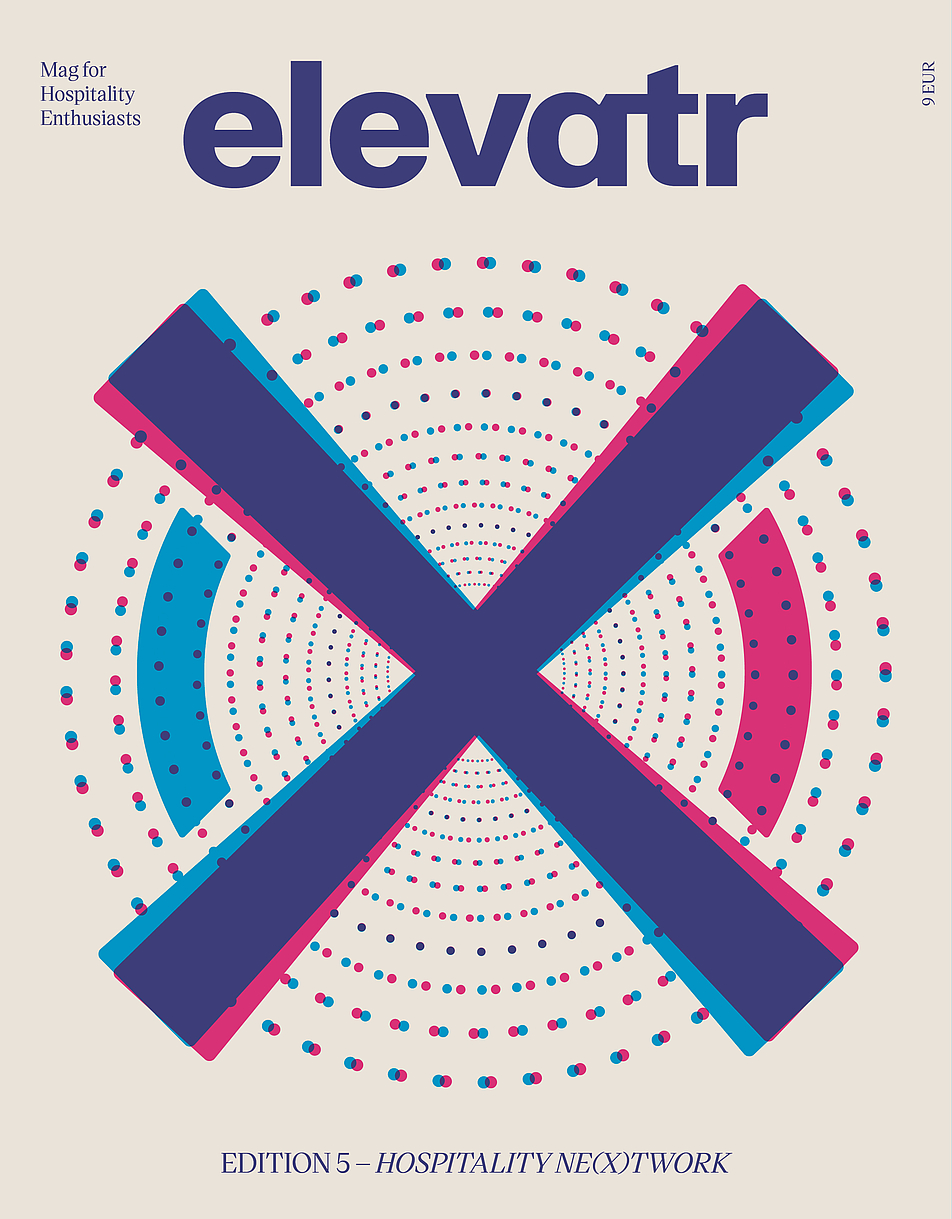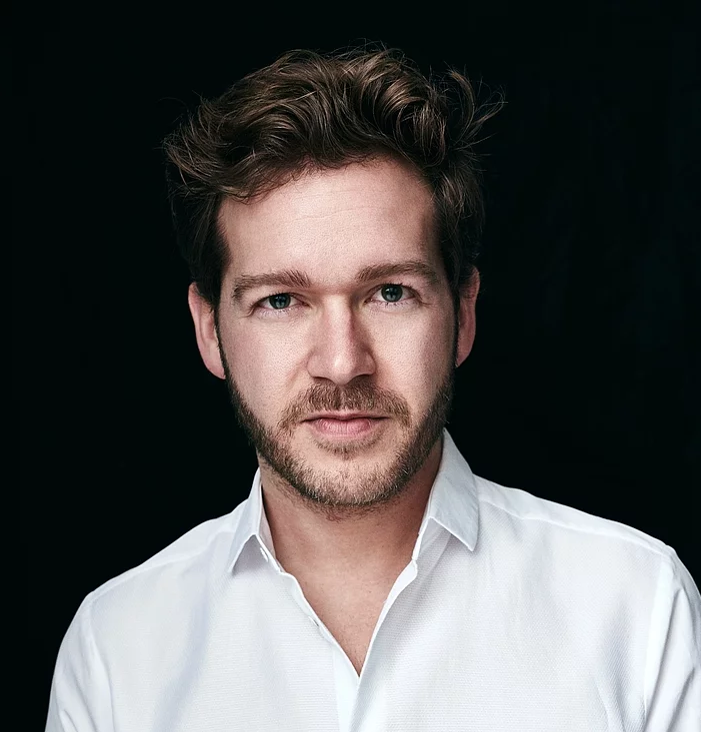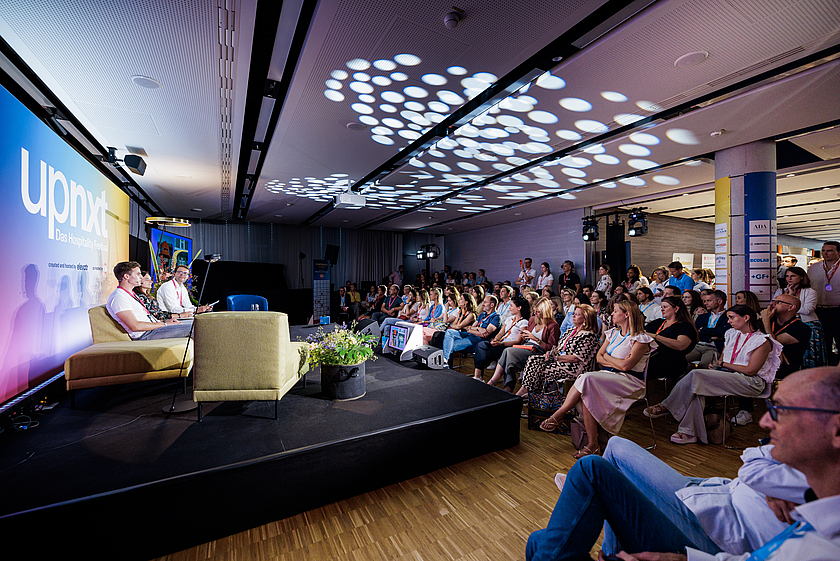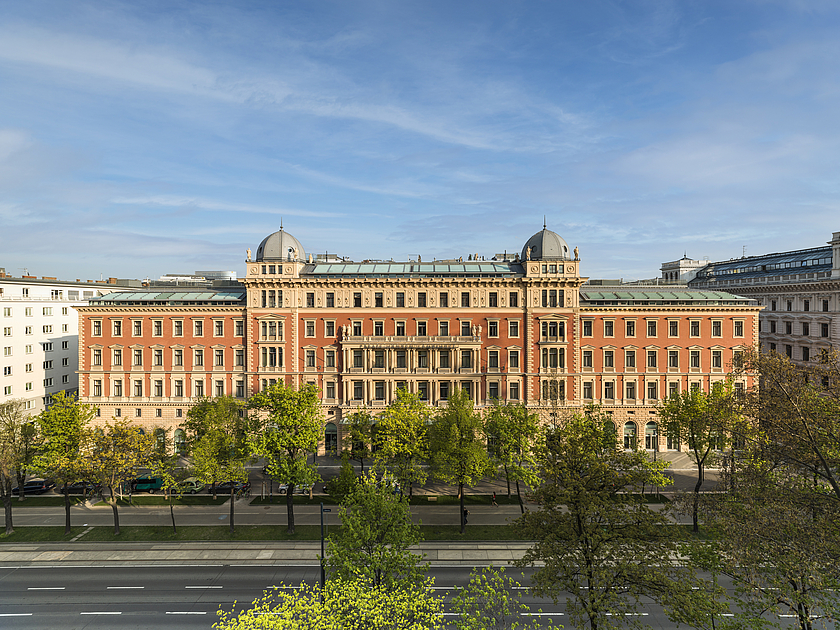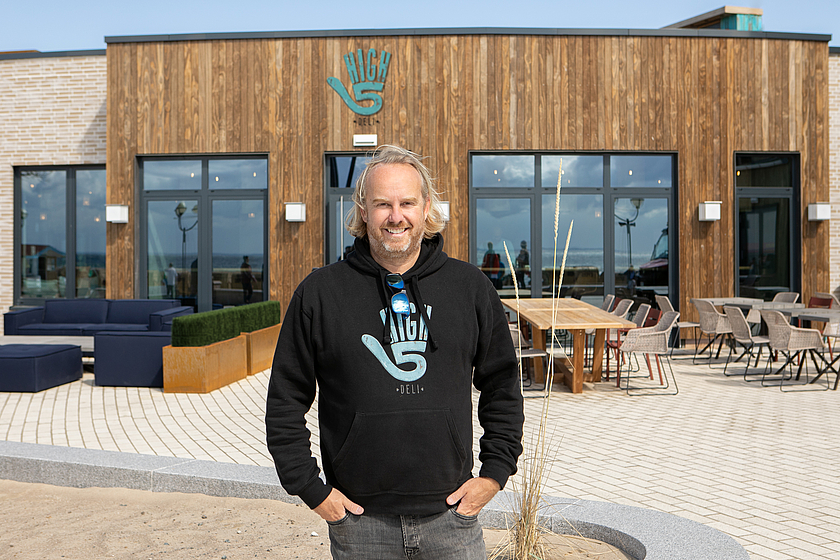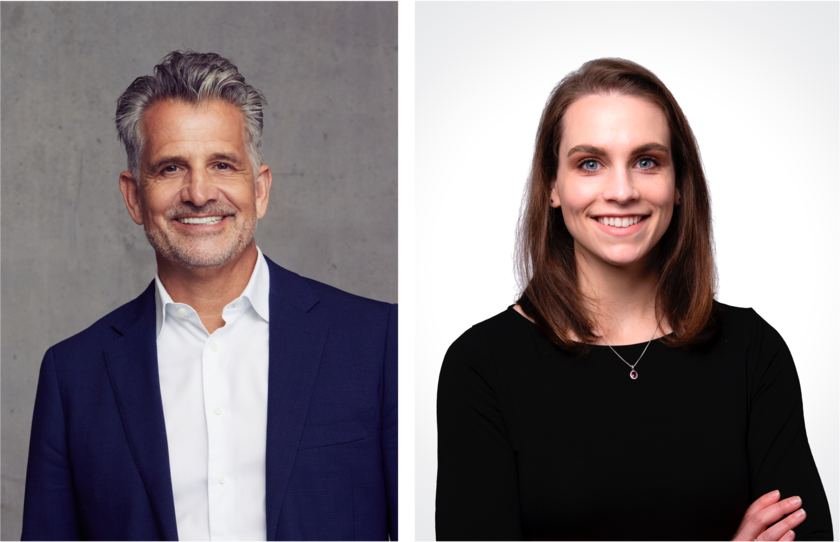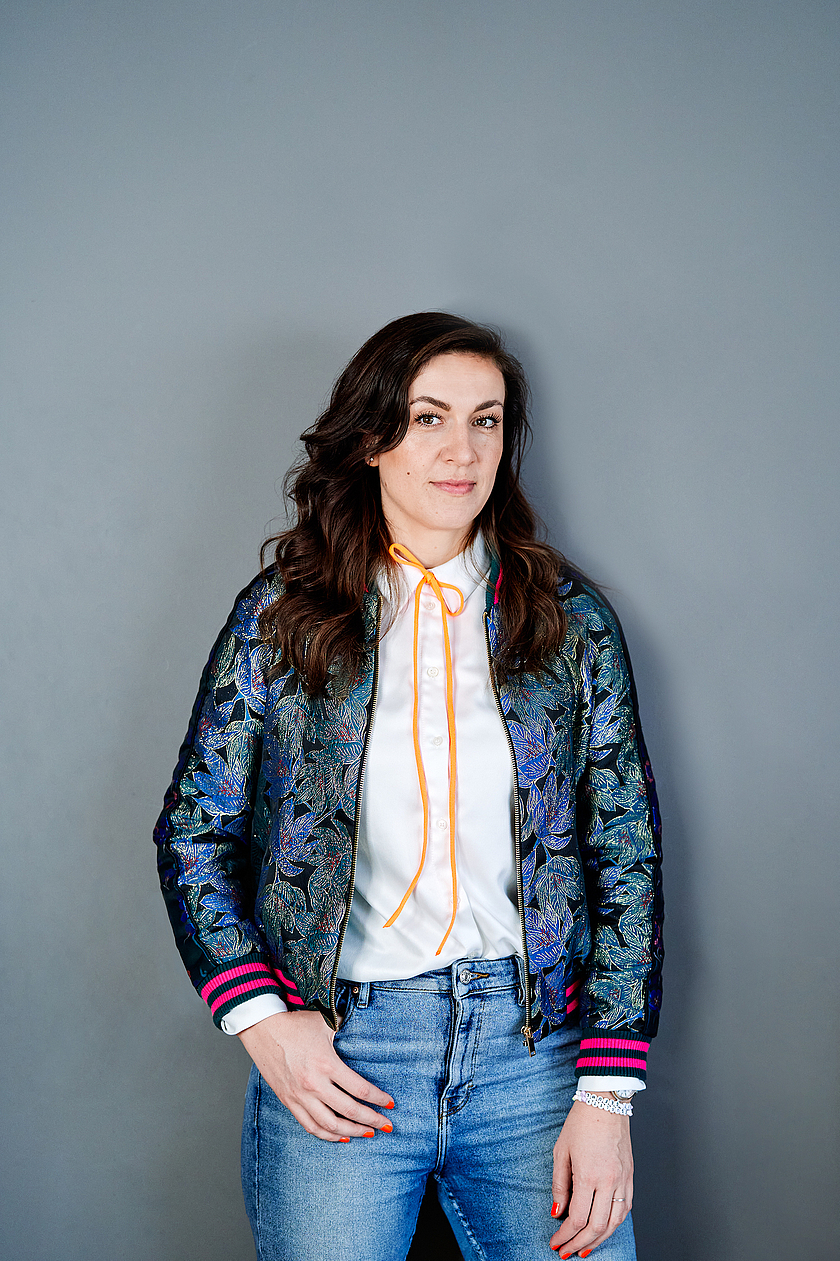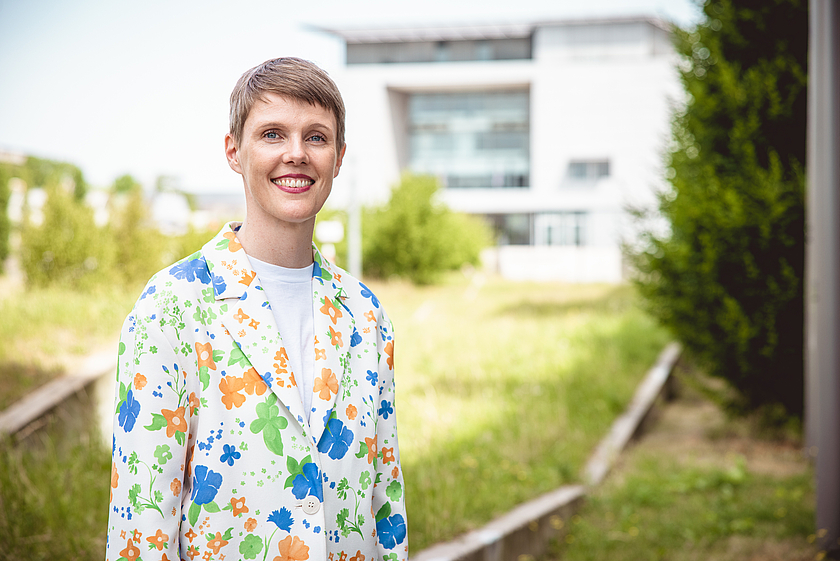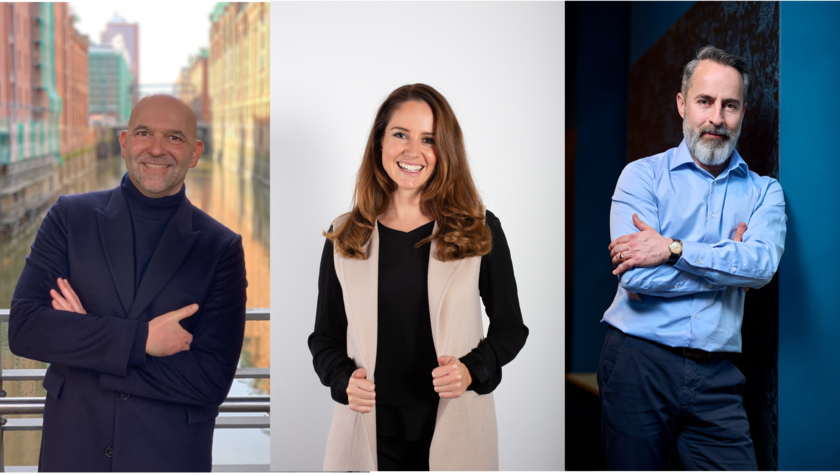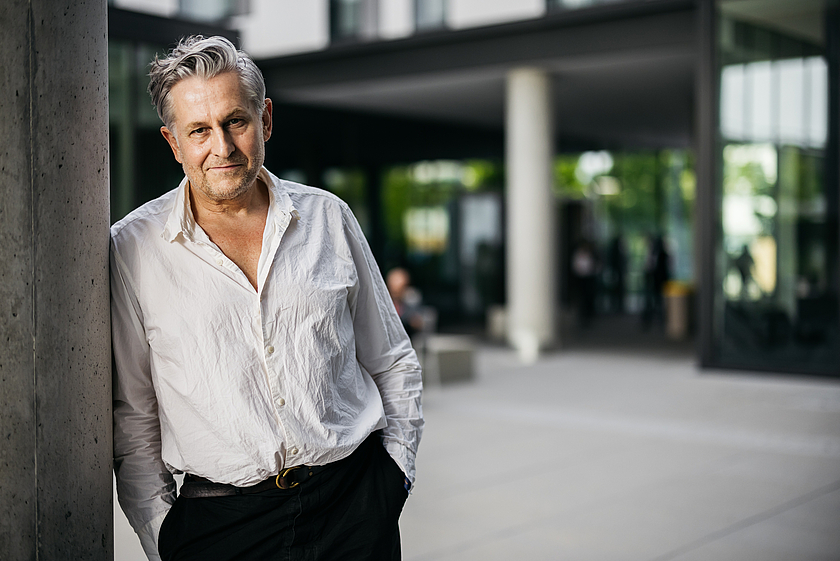
Iain Ainsworth, Founder & CEO des Travelguides The Aficionados, führt seit 30 Jahren ein „Black Book“, in dem er alles notiert, was er in der Hospitality mag oder auch nicht. Er verbrachte viele Jahre als Kempinski-GM in Berlin und war Vice President der Design Hotels, bevor er begann, Orte mit Seele zu „sammeln“ – dazu gehören Hotels, Häuser, Villen, aber auch handgemachte Produkte. (Fotos: Thorsten Jochim für elevatr)
* Für die Hospitality Ne(x)twork-Ausgabe der elevatrEdition hat sich die Redaktion dazu entschieden, einzelne Texte in der Muttersprache der Interviewpartner zu veröffentlichen. Enjoy reading!
elevatr: Iain Ainsworth, you founded The Aficionados, a curated hotelguide for unique and soulful places. How do you know a hotel should be part of the community?
Iain Ainsworth: We don’t have a criterion list because I think that sometimes cripples creativity. What unites all hotels is the cohesiveness of passion, style and architectural usage throughout the property. It’s like the pieces of an orchestra that work well together. And then there can be soloists and it can be one particular item that makes it unique, that could be the view or the building itself or the restoration. But the main thing is the heart that is there for somebody that knows what they’re doing. When it’s like meeting an old friend, someone who understands where you’re at. It’s a feeling and a gift. And you can’t fake that. You can’t imitate personality and you should never try to.
You mainly curate small places. What can the big hotels learn from them?
Although the footprint is much larger I think a lot of the things that we do in the small hotels can be carried across. What the big hoteliers should learn from the small places is that their concept is a picture of who you are, but you have to know who you are and know where you want to go to. The question is: What are you trying to achieve? You either have to be very big and dramatic and in my face and wow. Or you have to be very precise in the detail and have integrity. I don’t think there’s any range between.
»Hospitality needs to really start being curious again!«
How fast can or should established hotel concepts evolve in order to be successful in the future and stay authentic at the same time?
The biggest mistake I see with the larger hotels is that they still work with a seven to ten year program. I’m not saying you have to change things every year, but I think consumer behaviour changes almost immediately and that is the key indicator. You should sit down and really assess where you are. How full is the restaurant? Are people taking breakfast? Are people sitting outside? If your concept isn’t working, deal with that, change! That’s what keeps the travellers coming back – they see that familiarity but they also see the new things – and new things is what we all crave to see. In order to be successful in these changes, a very important thing to do is to bring in people from outside your hotel who look at everything with fresh eyes!
So we need external influences for innovation. Does that apply to the hospitality industry as a whole?
Hospitality is still very much head-driven. I think hospitality needs to go on a safari, look left, right and centre. It needs to really start being curious again – for the industry, both on terms of concepts and delivery, but also for attracting travellers as well as staff. When you look at retail in general or innovative pop-up-retail, there's a completely different landscape out there. In fact The Aficionados is based on a retail model: It’s about creating a world for the consumer, about being a tight edit but also knowing who your consumer is and proving them with something that they were not initially seeking. So we are a „store“ of both the expected and those little surprises that our fans love about us, something unpredictable that only we can knit together into a collection.
»You either have to be very big and dramatic and in my face and wow. Or you have to be very precise in the detail and have integrity.«
How will independent hospitality evolve in the upcoming years?
The future will be more integration. Talking about the catalyst effect of a hotel. The concept doesn’t end with your boundary, it should go on. The future for independence will be more collaborative projects with makers, not just the big names but some smaller makers, because this puts you into your community, this gives you a placeholder on the map. The focus will be going beyond the four walls.
Will there be a need for a cultural shift as well?
What we need to do is foster a good culture, that everyone feels part of a bigger picture, that what they do is absolutely crucial to the end of the experience. In a hotel each character has to play their role, but you need to explain what the connectivity is between those groups, because otherwise people don’t understand it. And this cultural shift has to take place at the top of hotels.
Interview (Auszug): Verena Usleber
Want to read more? elevatrEdition #5 – Hospitality Ne(x)twork OUT NOW! Ausgewählte (Teil)-Beiträge dieser Ausgabe (inklusive upnxt23 Festival-Throwback) findet ihr unter dem Tag #MAGAZIN exklusiv als Sneak Peeks online.
